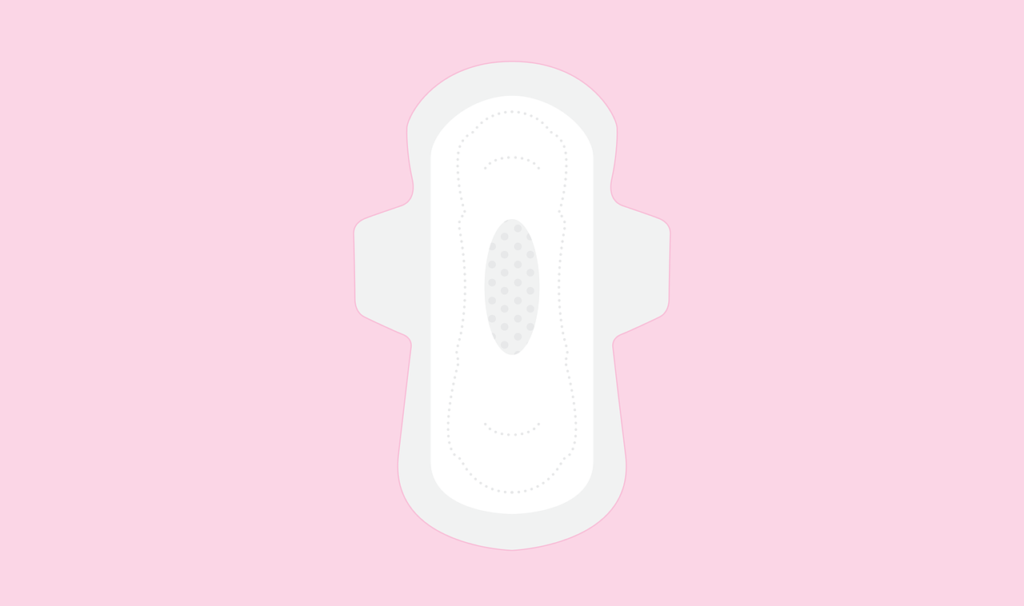Lack of access to sanitary products like tampons and pads has a detrimentally negative effect on the lives of women, girls, trans and non-binary people who menstruate. Scotland aim to help by making tampons and pads free.
The Scottish parliament advanced legislation that would ensure free universal access to tampons, pads and other menstrual products. Should the Period Products (Free Provision) Scotland Bill pass, Scotland will become the first country in the world to take this step toward ending period poverty.
“Women and girls are too often left behind in the political process,” Monica Lennon, who introduced the bill last year, said during the debate. “This is a chance to put them first and do something that is truly groundbreaking on gender equality.”
Period poverty is a global issue, with many girls and women being excluded from society and school during their periods because they cannot access the necessary menstruation products.
In South Africa, 30% of young girls miss school when menstruating because they have limited access to or cannot afford adequate menstruation products, according to research released by Stellenbosch University’s Law Clinic in 2018.
Other studies have concluded that the majority of girls in Africa miss up to 50 days of school each year because they don’t have access to these basic products.
The South African government has made some strides in helping with this plight, removing the 15% “luxury” tax on menstrual products in 2018. But with many of South Africa’s girls and women falling under the poverty line, even tax-free menstrual products are unaffordable.
In an effort to stop girls missing school during their period, the Government launched the National Sanitary Dignity Programme in 2019, which planned to put free sanitary products in no-fee schools.
According to Health24, women who cannot access these products, most often those from rural areas, often turn to rags, leaves and newspaper which are unsanitary and can lead to infections.
Granting greater access to menstrual products helps close the gender gap and is fundamental to ensuring the right to dignity is upheld for all people who bleed.
Image: Pixabay

